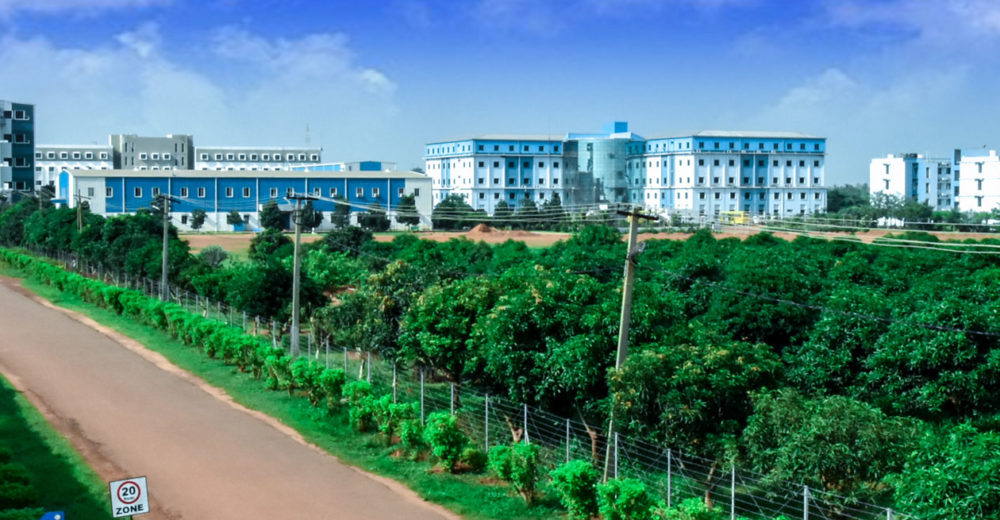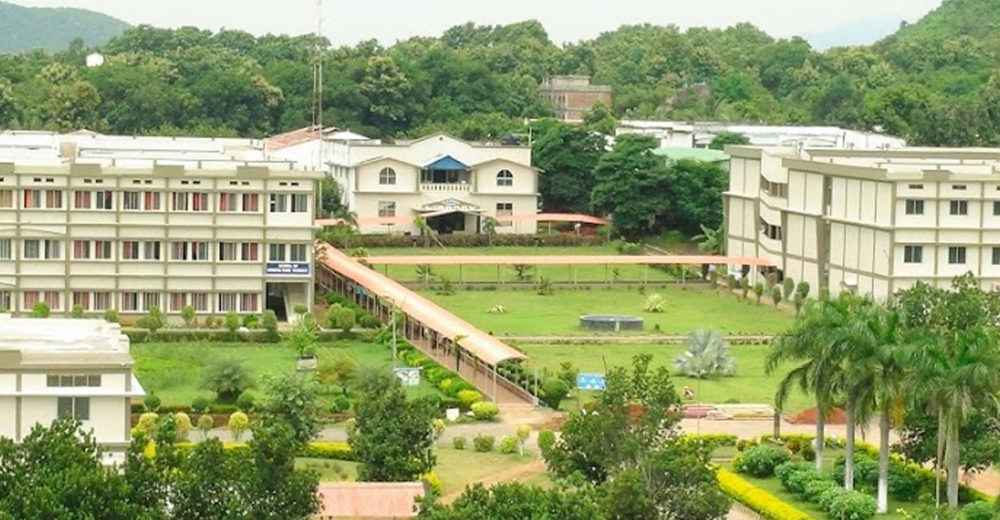IQAC
Internal Quality Assurance Cell (IQAC)
Minutes of IQAC Meeting – 1
Minutes of IQAC Meeting – 2
Minutes of IQAC Meeting – 3
Minutes of IQAC Meeting – 4
Minutes of IQAC Meeting – 5
Minutes of IQAC Meeting – 6
Minutes of IQAC Meeting – 7
Minutes of IQAC Meeting – 8
Minutes of IQAC Meeting – 9
Minutes of IQAC Meeting – 10
Minutes of IQAC Meeting – 11
Minutes of IQAC Meeting – 12
Minutes of IQAC Meeting – 13
Minutes of IQAC Meeting – 14
Minutes of IQAC Meeting – 15
Minutes of IQAC Meeting – 16
Minutes of IQAC Meeting – 17
Minutes of IQAC Meeting – 18
Minutes of IQAC Meeting – 19
Minutes of IQAC Meeting – 20
Minutes of IQAC Meeting – 21
Minutes of IQAC Meeting – 22
Minutes of IQAC Meeting – 23
Minutes of IQAC Meeting – 24
Minutes of IQAC Meeting – 25
Minutes of IQAC Meeting – 26
Minutes of IQAC Meeting – 1
Minutes of IQAC Meeting – 2
Minutes of IQAC Meeting – 3
Minutes of IQAC Meeting – 4
Minutes of IQAC Meeting – 5
Minutes of IQAC Meeting – 6
Minutes of IQAC Meeting – 7
Minutes of IQAC Meeting – 8
Minutes of IQAC Meeting – 9
Minutes of IQAC Meeting – 10
Minutes of IQAC Meeting – 11
Minutes of IQAC Meeting – 12
Minutes of IQAC Meeting – 13
Minutes of IQAC Meeting – 14
Minutes of IQAC Meeting – 15
Minutes of IQAC Meeting – 16
Minutes of IQAC Meeting – 17
Minutes of IQAC Meeting – 18
Minutes of IQAC Meeting – 19
Minutes of IQAC Meeting – 20
Minutes of IQAC Meeting – 21
Minutes of IQAC Meeting – 22
Minutes of IQAC Meeting – 23
Minutes of IQAC Meeting – 24
Minutes of IQAC Meeting – 25
Minutes of IQAC Meeting – 26
School Of Engineering and Technology
B.Tech
PO-PSO- B.Tech
CO-Aerospace (Basket I-IV)
CO-BioTech (Basket I-IV)
CO-Civil (Basket I-IV)
CO-CSE-Civil Design-Construction Mgmt (Basket I-IV)
M.Tech
M.S. Swaminathan School of Agriculture
PO-PSO-MSSoA
CO-MSSoA
SCHOOL OF MANAGEMENT
PO-PSO-BBA
CO-BBA
SCHOOL OF APPLIED SCIENCES
PO-PSO-SoAS
CO-SoAS
School of Agriculture & Bio-Engineering
PO-PSO-MSSoA
CO-MSSoA
SCHOOL OF MANAGEMENT
PO-PSO-BBA
CO-BBA
SCHOOL OF APPLIED SCIENCES
PO-PSO-SoAS
CO-SoAS
School of Agriculture & Bio-Engineering
Minutes of IQAC Meeting – 1
Minutes of IQAC Meeting – 2
Minutes of IQAC Meeting – 3
Minutes of IQAC Meeting – 4
Minutes of IQAC Meeting – 5
Minutes of IQAC Meeting – 6
Minutes of IQAC Meeting – 7
Minutes of IQAC Meeting – 8
Minutes of IQAC Meeting – 9
Minutes of IQAC Meeting – 10
Minutes of IQAC Meeting – 11
Minutes of IQAC Meeting – 12
Minutes of IQAC Meeting – 13
Minutes of IQAC Meeting – 14
Minutes of IQAC Meeting – 15
Minutes of IQAC Meeting – 16
Minutes of IQAC Meeting – 17
Minutes of IQAC Meeting – 18
Minutes of IQAC Meeting – 19
Minutes of IQAC Meeting – 20
Minutes of IQAC Meeting – 21
Minutes of IQAC Meeting – 22
Minutes of IQAC Meeting – 23
Minutes of IQAC Meeting – 24
Minutes of IQAC Meeting – 25
Minutes of IQAC Meeting – 26
Minutes of IQAC Meeting – 27
Minutes of IQAC Meeting – 28
Minutes of IQAC Meeting – 29
Minutes of IQAC Meeting – 30
Minutes of IQAC Meeting – 31
Minutes of IQAC Meeting – 32
Minutes of IQAC Meeting – 33
Minutes of IQAC Meeting – 34
Minutes of IQAC Meeting – 35
Minutes of IQAC Meeting – 36
Minutes of IQAC Meeting – 37
Minutes of IQAC Meeting – 1
Minutes of IQAC Meeting – 2
Minutes of IQAC Meeting – 3
Minutes of IQAC Meeting – 4
Minutes of IQAC Meeting – 5
Minutes of IQAC Meeting – 6
Minutes of IQAC Meeting – 7
Minutes of IQAC Meeting – 8
Minutes of IQAC Meeting – 9
Minutes of IQAC Meeting – 10
Minutes of IQAC Meeting – 11
Minutes of IQAC Meeting – 12
Minutes of IQAC Meeting – 13
Minutes of IQAC Meeting – 14
Minutes of IQAC Meeting – 15
Minutes of IQAC Meeting – 16
Minutes of IQAC Meeting – 17
Minutes of IQAC Meeting – 18
Minutes of IQAC Meeting – 19
Minutes of IQAC Meeting – 20
Minutes of IQAC Meeting – 21
Minutes of IQAC Meeting – 22
Minutes of IQAC Meeting – 23
Minutes of IQAC Meeting – 24
Minutes of IQAC Meeting – 25
Minutes of IQAC Meeting – 26
Minutes of IQAC Meeting – 27
Minutes of IQAC Meeting – 28
Minutes of IQAC Meeting – 29
Minutes of IQAC Meeting – 30
Minutes of IQAC Meeting – 31
Minutes of IQAC Meeting – 32
Minutes of IQAC Meeting – 33
Minutes of IQAC Meeting – 34
Minutes of IQAC Meeting – 35
Minutes of IQAC Meeting – 36
Minutes of IQAC Meeting – 37
Minutes of IQAC Meeting – 38
School Of Engineering and Technology
B.Tech
PO-PSO- B.Tech
CO-Aerospace (Basket I-IV)
CO-BioTech (Basket I-IV)
CO-Civil (Basket I-IV)
CO-CSE-Civil Design-Construction Mgmt (Basket I-IV)
M.Tech
M.S. Swaminathan School of Agriculture
PO-PSO-MSSoA
CO-MSSoA
SCHOOL OF MANAGEMENT
PO-PSO-BBA
CO-BBA
SCHOOL OF APPLIED SCIENCES
PO-PSO-SoAS
CO-SoAS
School of Agriculture & Bio-Engineering
PO-PSO-MSSoA
CO-MSSoA
SCHOOL OF MANAGEMENT
PO-PSO-BBA
CO-BBA
SCHOOL OF APPLIED SCIENCES
PO-PSO-SoAS
CO-SoAS
School of Agriculture & Bio-Engineering
Published by: Subhash Kumar 0
NCC Cell
National Cadet Corps (NCC):
The National Cadet Corps is the Indian military cadet corps with its head Quarters at New Delhi. It is open to school and college students on voluntary basis.The National Cadet Corps in India is a voluntary organization which recruits cadets from high schools, colleges and Universities all over India. The Cadets are given basic military training in small arms and parades. The officers and cadets have no liability for active military service once they complete their course but are given preference over normal candidates during selections based on the achievements in the corps.
Motto of NCC:
Unity and Discipline (EktaaurAnushasan)
Four Cardinal Principles of Discipline:
- Obey with a smile
- Be Punctual
- Work hard and without fuss
- Make no excuses and tell no lies
Aims of NCC:
1. To develop qualities of character, courage, comradeship, discipline, leadership, secular outlook, spirit of adventure and sportsmanship and the ideals of selfless service among the youth to make them useful citizen.
2. To create a human resource of organised trained and motivated youth to provide leadership in all walks of life including the Armed Forces and be always available for the service of the nation.
Type of Examination:
The type of Certificate Examination and the unit in which these are held are given below
| Type of Certificate | NCC Unit |
|---|---|
| Certificate ‘A’ | Junior Division/Wing NCC |
| Certificate ‘B’& ‘C’ | Senior Division/Wing NCC |
Activities:
The activities of NCC can be broadly divided into the following distinct categories described below:-
- Institutional Training.
- Camp Training.
- Attachment Training.
- Army/Naval/Air Wing Activities.
- Youth Exchange Programme.
- Community Development Programme cum Social Service Activities.
- Adventure Training, Cycle Expedition, Trekking & Sports etc.
- Foot Drill, Arms Drill & Weapons Training.
- Self Defence.
- Map Reading.
NCC Social Service Activities:
NCC has adopted community development activities with the aim of imbibing amongst cadets selfless service to the community, dignity of labour importance of self help, need to protect the environment and to assist weaker sections of the society in their upliftment. This was envisaged through programmes involving
- Adult-education
- Tree plantation
- Blood donation
- Anti-Dowry Rally
- Anti-Female Infanticide Pledge
- Anti-Leprosy Drive
- AIDS Awareness Rally
- Visit to Old Age Homes
- Slum clearance
- Disaster Management & Relief
- Village upliftment and various other social schemes.
Oath:
“I do hereby solemnly promise that I will serve my motherland most truly and loyally and that, I will abide by the rules and regulations of the National Cadet Crops. Further under the command and control of my commanding officer I will participate in every camp most sincerely and wholeheartedly”.
Pledge:
“We the cadet of the national cadet corps, do solemnly pledge that we shall always uphold the unity of india.We resolve to be disciplined and responsible citizen of our nation.We shall undertake positive community service in the spirit of selflessness and concern for our fellow beings.”
Officer in Charge:
Mr. Kalyan Chakravarty
Lecturer, School of Management
Published by: Subhash Kumar 0
NSS Cell
National Service Scheme (NSS):
The National Service Scheme (NSS) is an Indian government-sponsored public service program conducted by the Department of Youth Affairs and Sports of the Government of India. Popularly known as NSS, the scheme was launched in Gandhiji’s Centenary year, 1969. Aimed at developing student’s personality through community service, NSS is a voluntary association of young people in Colleges, Universities and at +2 level working for a campus-community linkage. The cardinal principle of the NSS programme is that it is organized by the students themselves, and both students and teachers through their combined participation in community service, get a sense of involvement in the tasks of nation building.Motto of NSS:
The Motto of NSS “Not Me But You”, reflects the essence of democratic living and upholds the need for self-less service. NSS helps the students develop appreciation to other person’s point of view and also show consideration to ‘/other living beings. The philosophy of the NSS is well doctrined in this motto, which underlines/on the belief that the welfare .of an individual is ultimately dependent on the welfare of the society on the whole and therefore, the NSS volunteers shall strive for the well-being of the society.Aims & Objectives of NSS:
- To understand the community in which they work;
- To understand themselves in relation to their community;
- To identify the needs and problems of the community and involve them in problem solving process;
- To develop among themselves a sense of social and civic responsibility;
- To utilise their knowledge in finding practical solution to individual and community problems;
- To develop competence required for group-living and sharing of responsibilities:
- To gain skills in mobilising community participation;
- To acquire leadership qualities and democratic attitude;
- To develop capacity to meet emergencies and natural disasters;
- To practice national integration and social harmony.
Activities:
- Environment Enrichment and Conservation
- Education and Recreations
- Relief & Rehabilitation work during Natural Calamities
- Production Oriented Programmes
- Social Service Programmes
- Adoption of Slums
- Programmes aimed at creating an awareness for improvement of the status of women
- Health, Family Welfare and Nutrition Programme
- Adoption of Villages
- Coordination with Voluntary Organizations
- Blood Donation
- Shramdaan
- Plantation
- Immunisation
Symbol of NSS:
The symbol for the NSS has been based on the giant Rath Wheel of the world famous Konark Sun Temple (The Black Pagoda) situated in Orissa, India. The wheel portrays the cycle of creation, preservation and release and signifies the movement in life across time and space, the symbol thus stands for continuity as well as change and implies the continuous striving of NSS for social change. The eight bars in the wheel represent the 24 hours of a day. The red colour indicates that the volunteer is full of young blood that is lively, active, energetic and full of high spirit. The navy blue colour indicates the cosmos of which the NSS is tiny part, ready to contribute its share for the welfare of the mankind.Contact:
Faculty coordinator Mr.K Hari Krishna Asst.professor, Dept of ECE, CUTM, Paralakhemundi.Published by: Subhash Kumar 0

